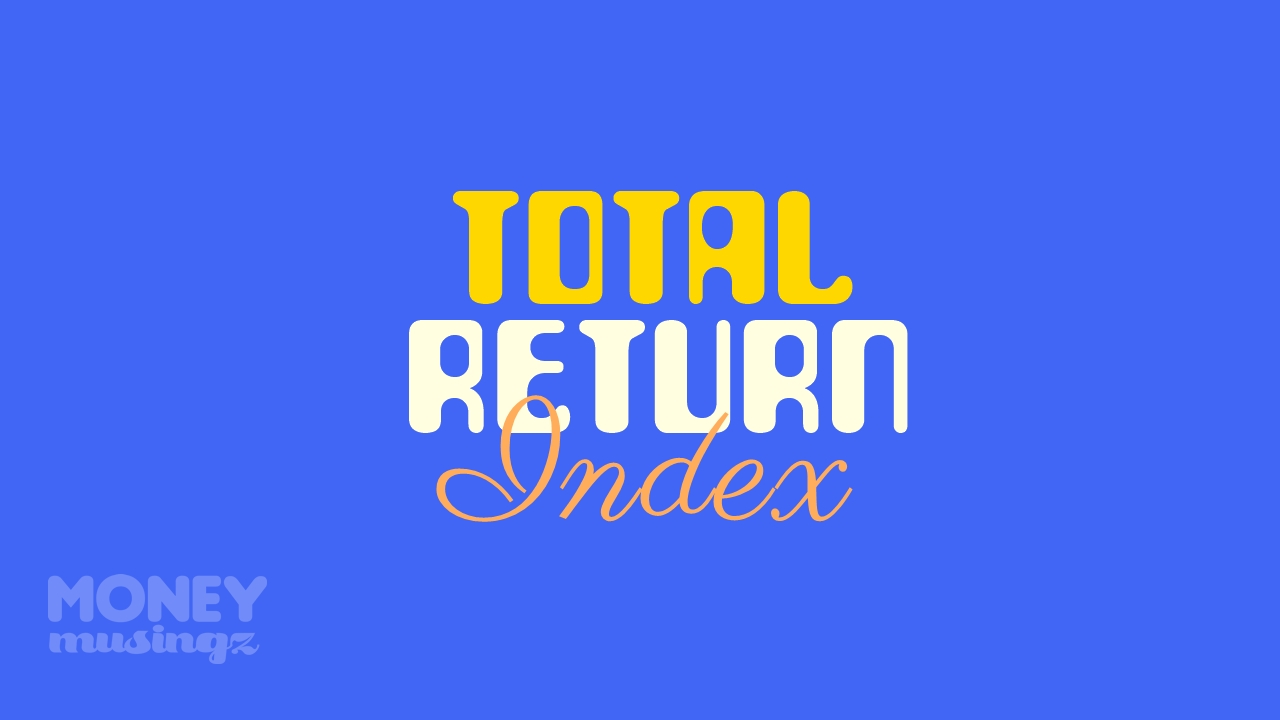Managers could find it tough to show wide out-performance with schemes benchmarked against TRI. Last week, DSP Blackrock Asset Management announced it will benchmark its actively-managed equity schemes to the Total Return Index.
A Total Return Index is a more efficient way to measure the performance of a scheme vis-à-vis its benchmark. It could show shrinkage in the product’s returns compared to the benchmark, sharpening the ongoing global debate on actively-managed funds versus exchange traded funds.
Currently , Indian fund managers benchmark their schemes to simple price index, which considers the price movements of stocks that make up the index.
In comparison, a TRI includes dividends and other gains in addition to the stock price movements, boosting the value of the index.
When mutual funds talk about the performance of their schemes, they are required to compare it with a stock benchmark, which could be the Sensex or the Nifty or the BSE 200, among others. So, if these benchmarks are considered on a TRI basis, it could reduce the extent of outperformance of the schemes.
The move could make it tough for fund managers to show a wide outperformance if mutual funds decide to benchmark their schemes against TRI. Benchmark returns with TRI will go up by 1% to 3% annually. For instance, the Nifty has gained 20.42% so far this year, but in terms of TRI it has given a return of 21.71%. Similarly, Nifty’s 3-year simple annualised return is 7.6% while annualised TRI is 9.03% for the same period.
The Securities and Exchange Board of India is yet to make TRI mandatory for calculating benchmarks but DSP BlackRock’s move could result in investors and investment advisors asking the rest in the industry to move to this measure. Some mutual funds, like Kotak, are using principal return index as the benchmark. Principal return index takes into account dividend reinvestment.Some fund managers said that change of benchmark is not important as actual returns are more important for investors.
If mutual fund schemes adopt Total Return Index and the returns compared to the benchmark are not wide enough, it could prompt a shift to the cheaper exchange traded funds, which are structured to mimic the returns of the benchmark.


